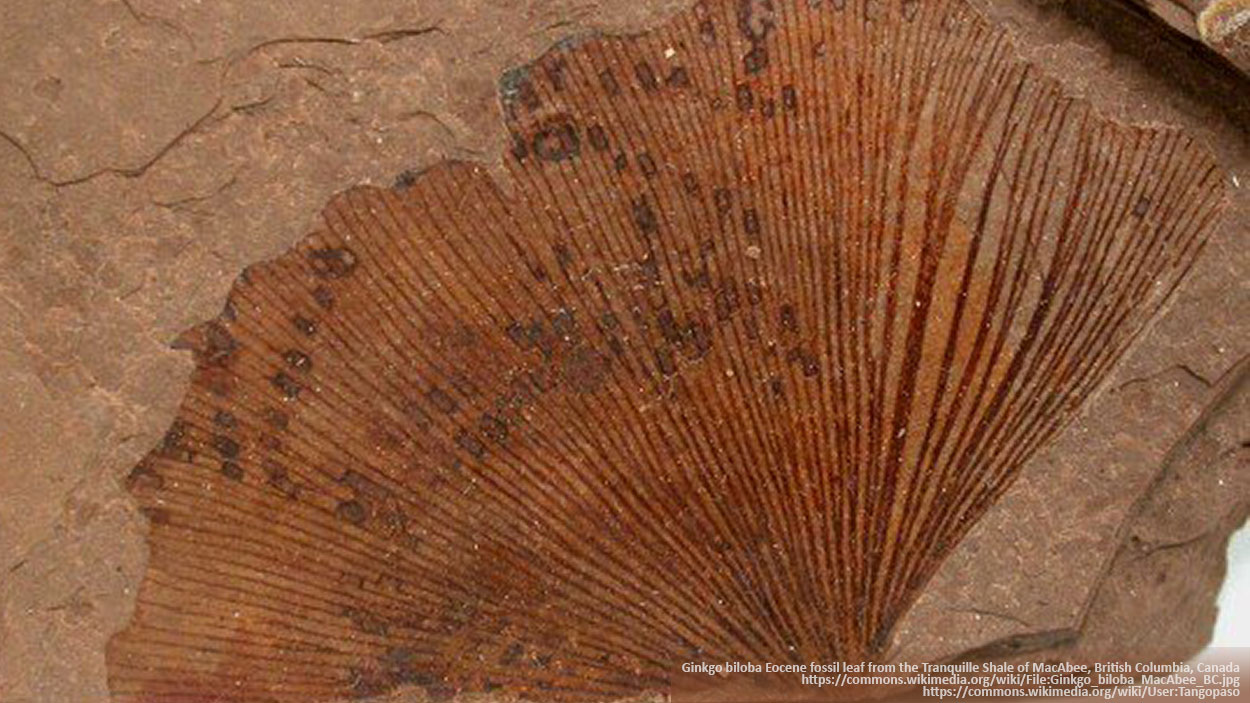INFORMATION FOR PARTICIPANTS x

INFORMATION FOR PARTICIPANTS
FIELD TEST OF Plant Adaptations: Past & Present
SCIENCE AND LITERACY ACTIVITIES
Thank you for participating in this field test of science curriculum materials. Your contributions will help us to refine a developmentally appropriate, inquiry-based science instructional unit centered around plant adaptations, and designed to enable students to read, write and speak as budding scientists. This project is funded by a grant from the Science Education Partnership Award of the National Institutes of Health (grant number R25ODO21865 PI: Nancy Moreno).
This field test is open to any self-contained Houston-area third grade school teacher who teaches reading, writing and science to the same group of students. Participating teachers will teach the plant adaptation unit in their classroom and will receive teaching materials for up to 24 students. All will receive lesson materials, including live plants, for use with their students. Each teacher also will administer pre- and post-knowledge assessments with their students and provide a critique of the unit. Participants will receive stipend of $400 (payable upon participant’s completion of all study components).
All information collected for this study will be gathered without identifiers that can be linked to any individual. No results will be reported to any schools or school districts, and any information reported to the National Institutes of Health or published in peer-reviewed journals will be presented as aggregated data without any personal identifiers.
This human subjects research project has been reviewed and approved by the Institutional Review Board of Baylor College of Medicine and Affiliated Hospitals, as described in protocol number H-38842. There are no potential risks for any study subject beyond those encountered by any elementary school student or teacher every school day, while engaged in normal school-based activities. All participants are free to leave the study at any time.
Thank you again for your participation in this project. We hope you find the experience enjoyable and beneficial.
Plant Adaptations: Past & Present
Field TestTimeline and Project Website Access Information
Thank you for participating in the BCM-UNT science curriculum field test! Your contributions will help us refine a developmentally appropriate, inquiry-based science instructional unit centered around plant adaptations, and designed to enable students to read, write and speak as budding scientists.
If you have any questions about the field test, please email us at edoutreach@bcm.edu.
NOTE: The field test requires 15 consecutive classroom days (3 weeks) and can be conducted any time between February 21, 2022 and April 29, 2022.
BEFORE YOU START:
-
- PLANTS: Remember to order your plants before you begin the lessons (See instruction page).
- ID NUMBERS: Assign an ID number to each student and record on the student ID page.
- PRETEST: Give your students the pretest. Make sure students record their ID numbers (NO NAMES!) on the top of the test. Read the questions to them but do not answer any questions. Let them know they will find out the answers over the next few weeks! Record the date on the Form Return Packing Slip (front pocket of binder).
- WEBSITE: The project site has to access all resources, link to daily logs, and PDFs of the lessons.
Site URL: https://sepa-g3plants.ceobcm.org/
DAILY DURING THE FIELD TEST:
- TEACHER LOGS: Complete the project log for each day (see website for link). Please try to complete the log on the same day as the lesson, as it may be difficult to remember the information otherwise.
WEEKLY DURING THE FIELD TEST:
- STUDENT REPORTS: At the end of each project week, students should complete a short reflection page – the Weekly Reports. Make sure students use the same ID number on each report as they did on the pretest. Record dates on the Form Return Packing Slip (front of binder).
AFTER THE FIELD TEST:
- POSTTESTS: Once all of the project days are completed, give your students the posttest. Please make sure students mark their ID numbers on the top of the test. Record the date on the Form Return Packing Slip (front of binder).
- NEW! CULMINATING PROJECTS: We would like copies of your students’ culminating projects! Please redact student names and identifying information and return scanned copies of the student project books to BCM. We will include a $100 supplement to your stipend for the time and effort.
- RETURN FORMS: Return your project forms to BCM using the pre-paid FedEx envelope in the back of the binder or by uploading to the project website. Use the Project Checklist in the front of the binder to ensure you’ve included everything!
- POST-EVALUATION: The link to the project post-evaluation will be on the website in late March. Please do not complete the post-evaluation until AFTER you have completed all field test lessons.
TO RECEIVE YOUR $400 STIPEND, YOU MUST:
-
- Return the following forms to BCM with student ID numbers clearly marked:
- Form Return Packing Slip with dates for each test and report
- Attendance and ID sheet with student names removed
- Student pretests
- Student Week One Reports
- Student Week Two Reports
- Student Week Three Reports
- Student posttests
- Complete all 15 Daily Logs (see project website)
- Complete the project post-evaluation (link will be on project site in late March 2022).
- Return the following forms to BCM with student ID numbers clearly marked:
To receive the $100 supplement (for a total stipend of $500),
please ALSO return:- Scanned copies of students’ culminating project books with names and identifying information (e.g., school name, address), removed.
[NOTE: you can still participate in the field test without completing this additional step!]
-
